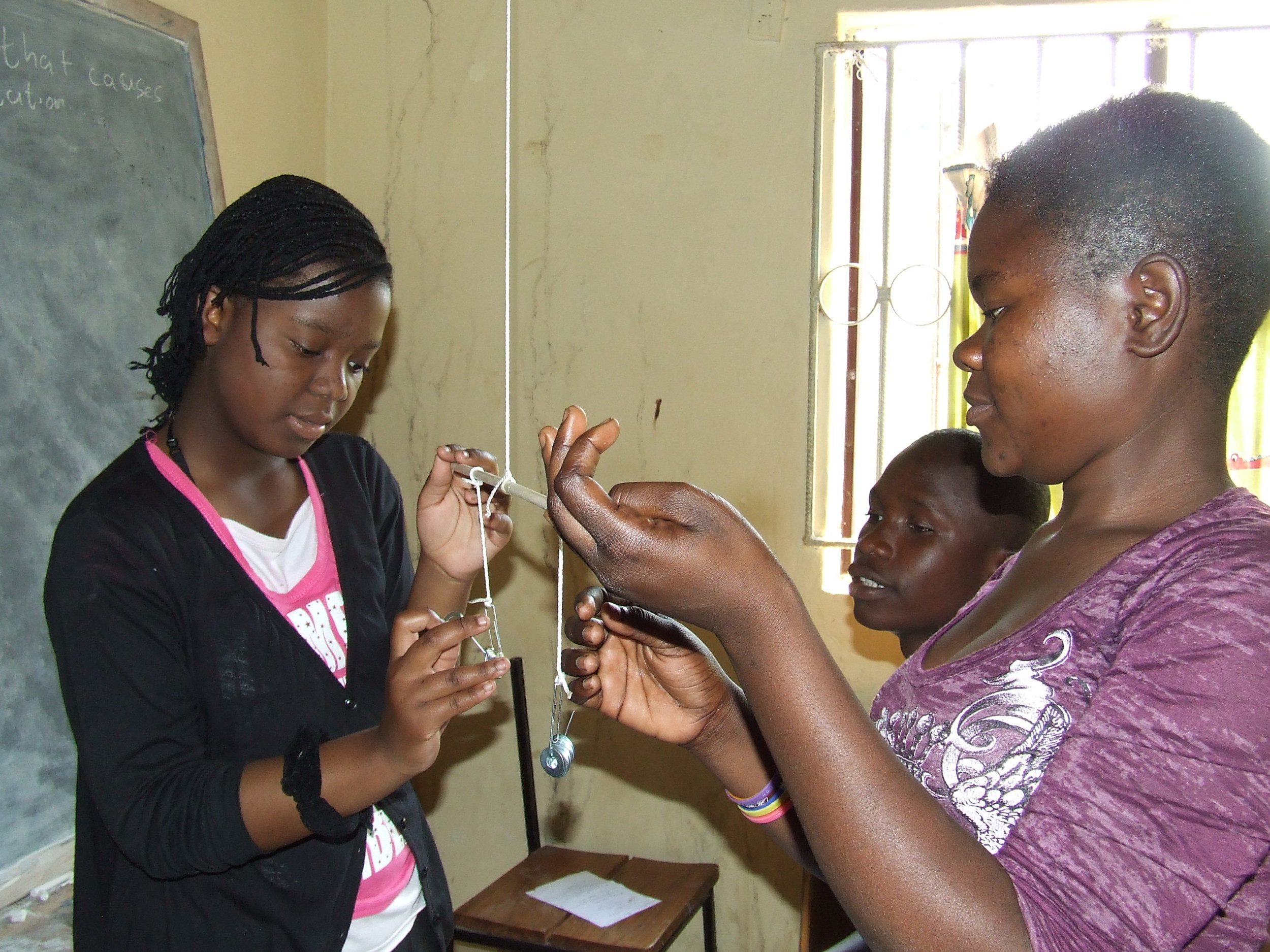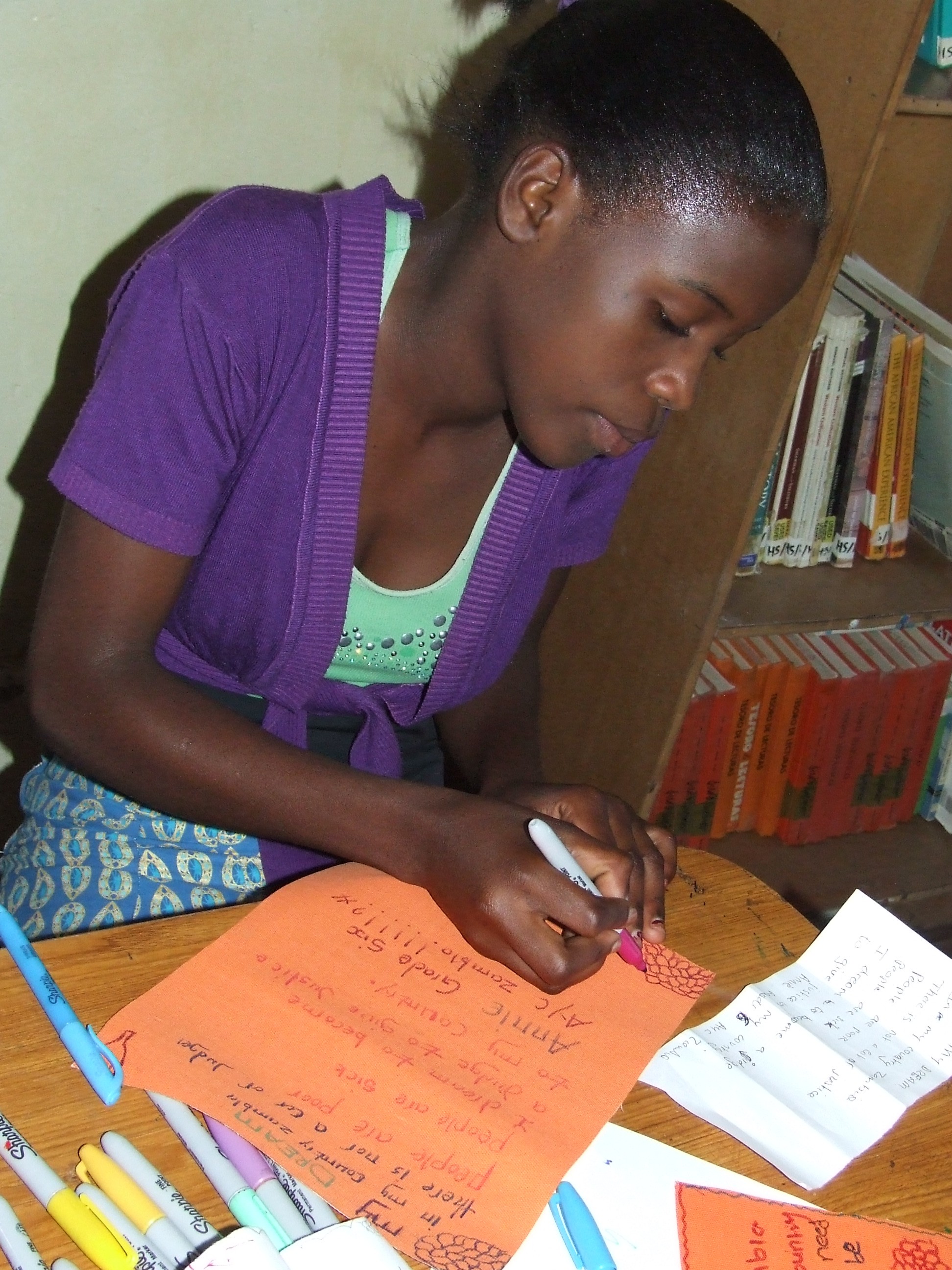A message that must be heard: Zambian girls deserve equal opportunities
African Education Program founders and volunteers are well-acquainted with the plight of Zambian girls, who often drop out of school, marry too young, have unplanned pregnancies, and contract HIV/AIDS. Addressing the situation and ensuring that girls have ample opportunities is one of AEP’s highest priorities.

The issue is gaining international attention. Zambian First Lady Christine Kaseba, during September’s 69th Session of the United Nations General Assembly at UN Headquarters in New York City, said she was concerned that girls are still being forced into early marriages at a high rate.
Fundamental societal changes are necessary if real progress is to be made. In families throughout Zambia, girls are often thought of as homecare takers and not valued in the same way as boys. Primary education is free in Zambia, but families are often responsible for school supplies, and girls sometimes quit school when a decision must be made between food and books. The consequences grow more serious, and the dropout numbers increase, during the secondary school years.
Social support programs that offer grants to teenage girls with babies are a “bottleneck,” or impediment to girls’ education along with early marriages and pregnancies. “Marrying off” a daughter is route poor and desperate families sometimes take, but it comes with severe long-term costs.
Different ideas and solutions were discussed at the UN Forum:
- A culture must be developed in which girls are considered the equal of boys. Families and society must realize both genders have the same potential and that education is the answer to achieving that potential.
- The government could create incentives in the form of “school packs,” which might include cash for girls from poor families who remain in school.
- Schools should provide support and “sympathetic consideration” to girls who are saddled with a heavy load of chores and responsibilities at home. The support can include tutorial sessions.
- Sanitation facilities could be improved and more toilets and clean water provided so girls aren’t in danger at school.
Since AEP was founded more than 10 years ago, its staff in Kafue and volunteers have been special advocates for the girls. They’ve spoken to families about the importance of education and how girls must have the same opportunities as boys. They’ve also held classroom sessions with the girls, with a focus on building self-confidence and awareness.

